I'm trying to serialize an object in C#. I got the object size and saved it in a variable, size1 on line 207 in above screenshot. Size1 has a value of 160. Then I used size1 to allocate an array of bytes called buf in line 210. Buf comes out to be a 2 byte array! How can this be?!